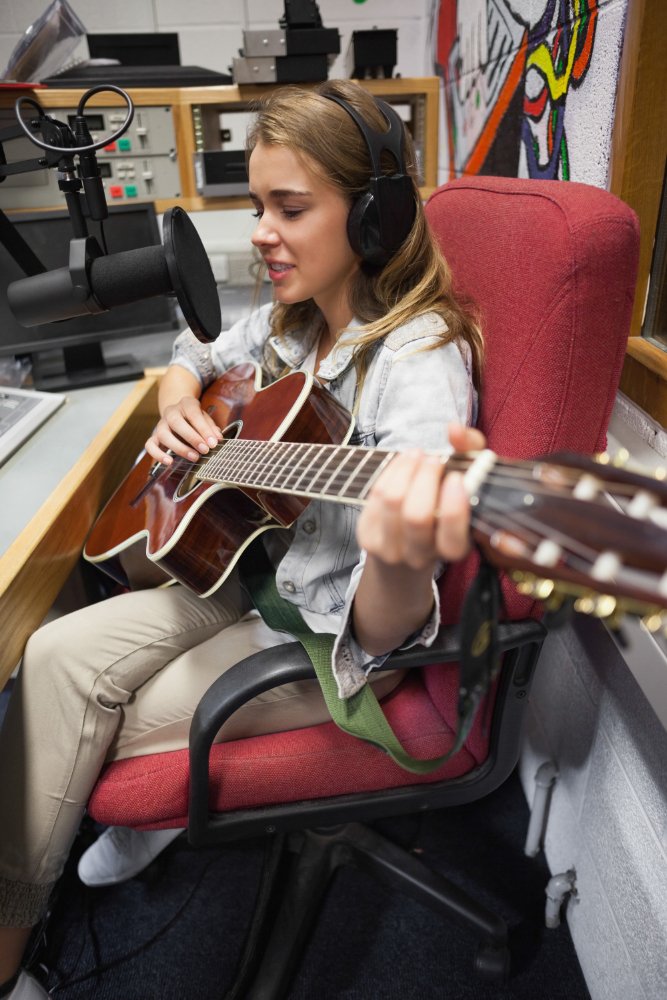Music is about listening—and as teachers, it’s just as important to listen to our students as it is to listen to the music itself. In my 11 years of teaching, I’ve learned that students communicate not only through their words but also through what goes unsaid. Their progress often reflects how attuned I am to their needs and how I respond to them.
Students thrive when teachers affirm them, tune into their moods, and remain sensitive to their learning styles. In private singing lessons or group classes, one student may welcome direct correction, while another may require gentleness and steady encouragement. By noticing body language and emotional cues, I can adjust how I guide each lesson.
Sometimes, a student struggles but can’t articulate what they need. At other times, especially with younger students under seven, they may simply need space to share what’s on their mind before refocusing on the music. By listening and being flexible, I see students become more motivated to practice and more excited to grow their musical abilities.
Whether in piano or vocal lessons, the key is sensitivity. The more a teacher listens and adapts, the more empowered students feel to engage, practice, and enjoy their musical journey

